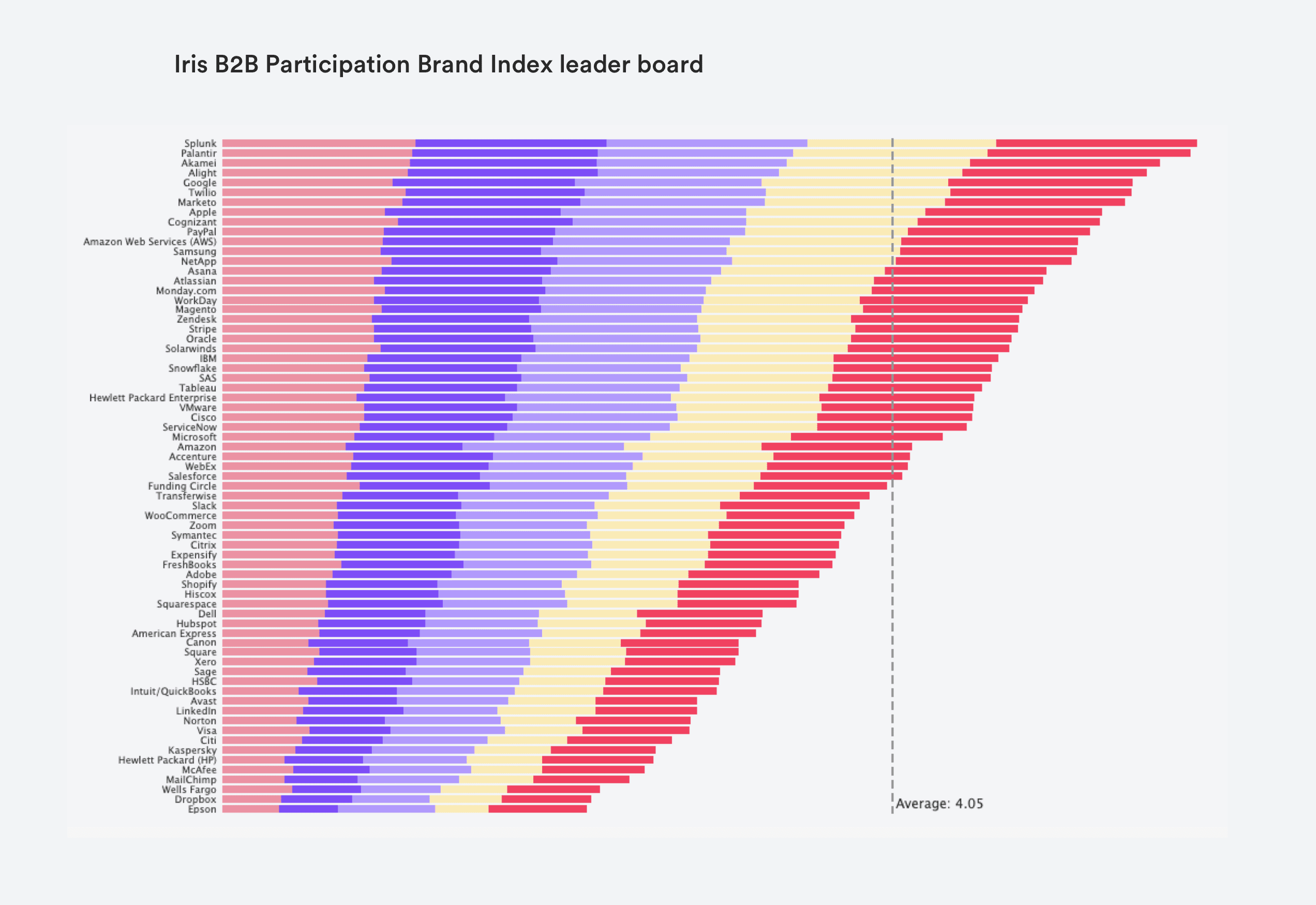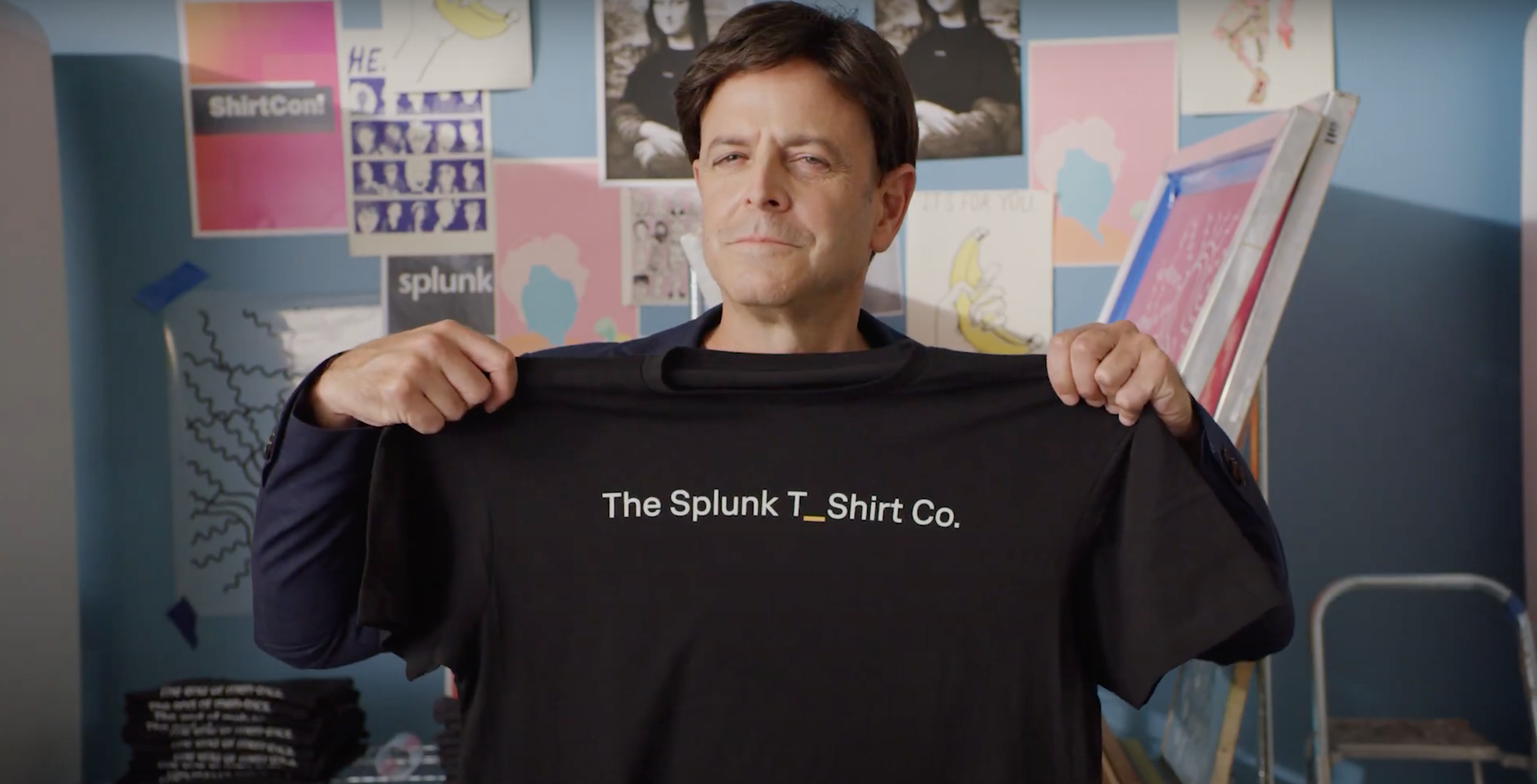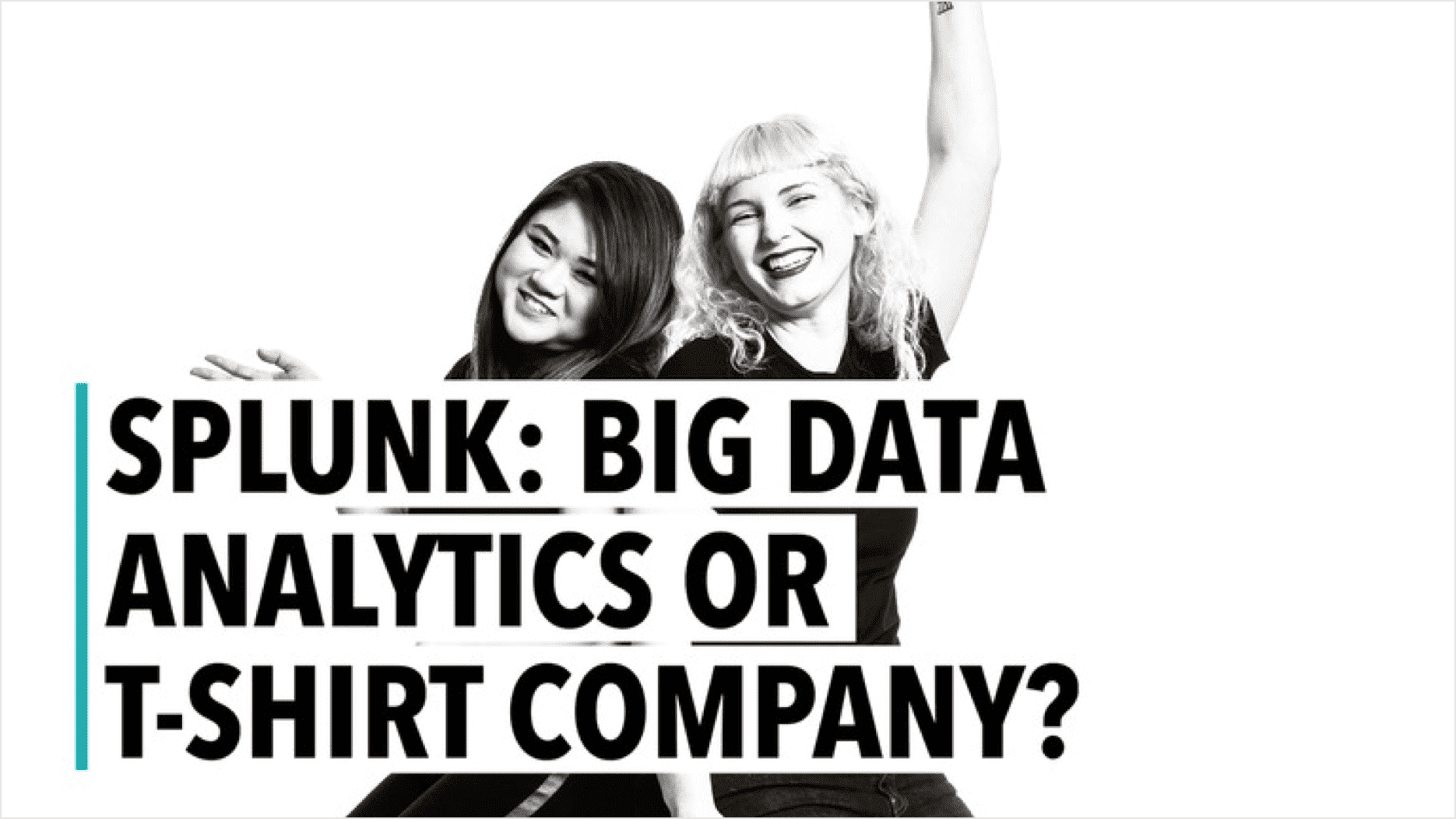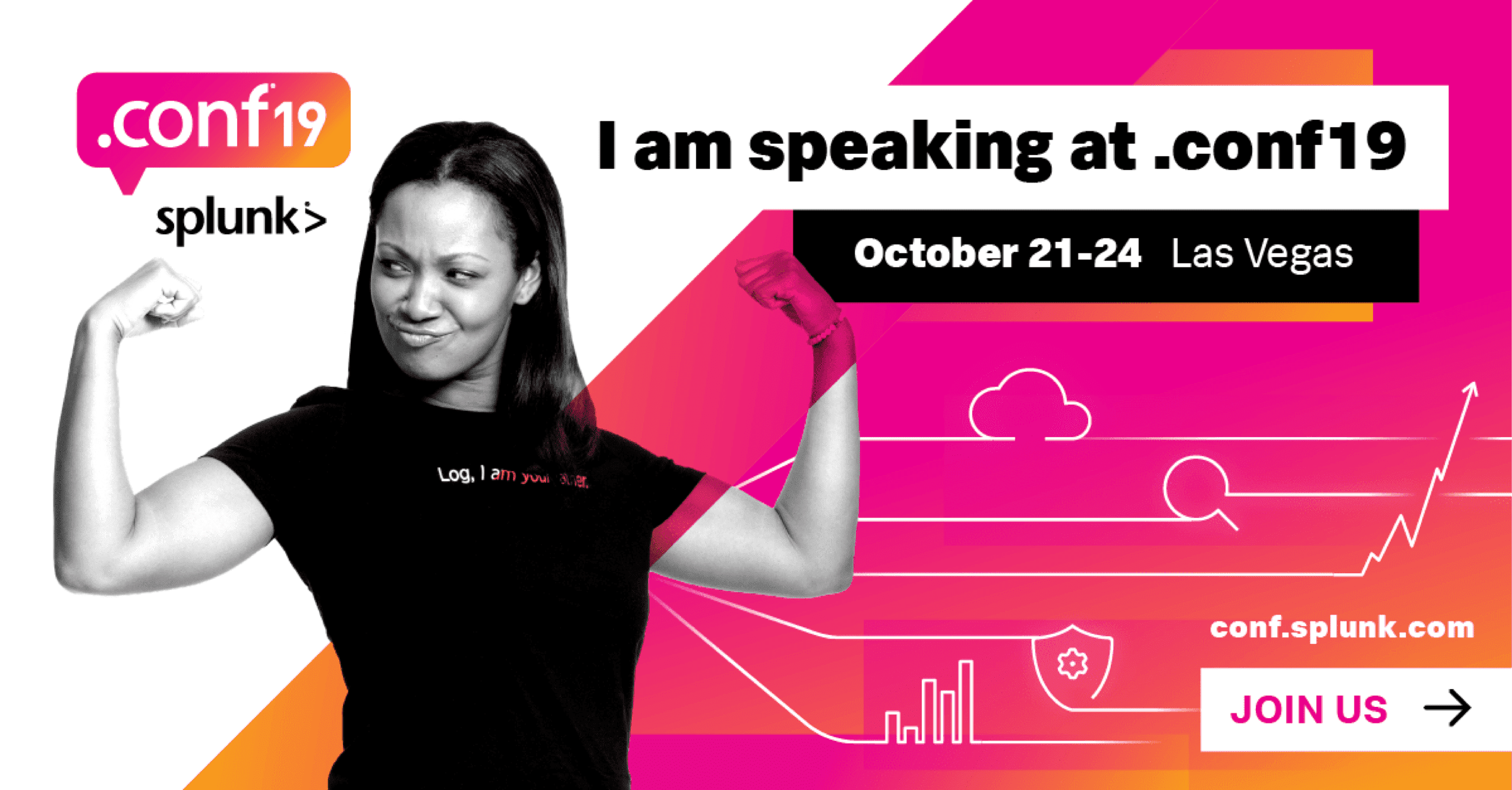It’s a well-known fact in B2B marketing that by the time potential B2B buyers get in touch with an organisation’s sales representatives they are already deep into the buying journey. By this point, they have already done their homework, established their needs, formed impressions of B2B brands in the marketplace and excluded potential providers in the process.
Long gone are the days when sales used to be the primary contact across the B2B buying journey. The pandemic has only accelerated the transformation. Indeed, it tends to be at the stage of the Request For Proposal that most sales organisation first gets wind of the potential B2B buyer being in the marketplace for new suppliers. Sales is just one touchpoint today amongst the plethora of other possible channels and influencers at play.
What’s more, B2B is not a soulless machine buying a service or a product from another corporation – rather it’s got real people at its heart with their uniquely human drivers, barriers, motivations and needs and in that regard it’s no different to B2C. A good B2B marketer will seek to understand these very human needs, feelings and behaviours across the B2B buying journey.
So, along with the ever-growing channel toolkit and shifting audience behaviours, it’s clear that the old finely tuned account-based marketing machine simply no longer works. Organisations wanting to engage their audiences and make sure they get the RFP to begin with need to find a way to ’swim upstream’ the B2B buying journey. This calls for new bold tactics and strategies.
The big question is: how to engage the B2B buyer before they’re in the buying mindset? What do successful B2B brands do?
Earlier this year we surveyed B2B audiences from small to large organisations across US and UK to gauge the views of actual buyers across these five Participation Brand pillars. We got responses from all levels of the buying organisation: C-Suite, Finance, HR, Operations and Technology.

B2B is not a soulless machine buying a service or a product from another corporation – rather it’s got real people at its heart with their uniquely human drivers, barriers, motivations and needs.

Figure 1 Iris B2B Participation Brand Index leader board
Let’s take a closer look at the US-based Big Data company Splunk, the winner of this year’s B2B Participation Brand Index, and see how it’s successfully creating the kind of participation we believe propels business forward.
Splunk charges into the marketplace with its ‘Data-to-Everything’ platform promising to ‘bring data to every question, decision and action’. It is putting money where its mouth is. It made the platform relevant to a range of verticals with a 30-second advertising spot in Super Bowl LIV – certainly a bold and a big investment for a B2B brand.
Video 1 Splunk’s Data-To-Everything spot in the Super Bowl LIV
Splunk’s Data-to-Everything platform has all the hallmarks of a well-defined and executed Passionate Purpose, the first Participation Brand pillar that we consider to set the scene for all else.
Splunk brings everything to life with a distinctive Character, defying the past stereotypes of B2B marketing showing suited and booted business people staring at pie charts in dull looking boardrooms. The soundtrack and introductions in a lot of its video content feels more like you’re getting geared up to watching a rock-concert rather than your average B2B event. It even pokes fun at itself with this tongue-in-cheek The Office inspired-spoof on its corporate culture, which features the spokesperson and staff for Splunk’s T-shirt company spin-off that sells Splunk merchandise online.

Video 2 Behind the scenes at Splunk's T-Shirt company spin-off
It boasts itself to be ‘the world’s 11th largest T-shirt company’ and produces simple black Splunk-branded T-shirts with tongue-in-cheek slogans such as ‘Take the SH out of IT’ and other tech puns. In addition to selling the T-shirts online it’s also making them available at various events and conferences. All behaviours that may feel counter-intuitive to most B2B brands.

Figure 2 Splunk’s Distinctive Character in action
Jokes aside, Splunk has plenty of more serious content to offer across its channels from advisory content such as ‘how-to build a data-driven business’ to topics such as machine learning and security. Each channel is nicely designed in a way that creates a joined-up experience. For example, its YouTube channel is packed with all sorts of data-inspired topics that are easily accessible and on-demand for its audiences to watch and share.
Splunk certainly isn’t falling into the B2B trap of getting bogged down in talking about its own product features and benefits too soon. Rather, Splunk has something provocative, useful and relevant to offer that is designed to help its business audiences identify what the way forward for them might look like as they seek to drive business into in the data-driven age.
Video 3 Doug Merritt, Splunk's CEO, giving a conference key-note on how to thrive in the data age
By creating participation starting from bolder and bigger visionary topics, Splunk isn’t just selling but serving its audience by providing them value. In the process, Splunk is positioning itself as the natural go-to partner for Big Data. All of this makes up for an approach that’s generating Culture Shaping conversations in the B2B marketplace. Another key ingredient of great participation branding that no doubt helps a B2B brand like Splunk swim way upstream the buying journey.

By creating participation starting from bolder and bigger visionary topics, Splunk isn’t just selling but serving its audience.
True to its nature as a disruptive and an innovative business, it also experiments with new channels and content formats beyond the typical B2B toolkit. It has developed a strategy for Voice, launched Podcasts and an Alexa Voice Skill targeted for its partner audiences. This is based on the awareness that its audiences are easily worn out with usual channels like email.
All this tells a story of a B2B brand that has a deep understanding of real people and their needs. It isn’t going on autopilot when it comes to on the choice of channels but taking time to take a step back and consider where it could find opportunities for creating innovative participation. In doing so, it is building a different kind of innovative experience that can stand out in the crowded market place.
Having created a brilliant Passionate Purpose and a participation platform that drives fame, Splunk is equally generous in letting its end users, real people, take some of the lime light. Splunk is crowdsourcing customer success stories and offering a platform for its audience to share them at conferences it regularly runs. Unsurprisingly therefore, Splunk scores far higher than all the other B2B brands in one of our questions on being People Powered around ‘being good for my career’. Again, not something B2B marketers may conventionally be concerned about, but something that demonstrates that in the end B2B is about real people and their personal drivers and needs.

Figure 3 Splunk’s annual conference advertising
So, that was some of the theory and practice. But how do winning B2B brands go on to create the kind of participation we’re talking about?
There are four key things forward-thinking B2B brands do to design for Active Participation.
It’s a brave, exciting new world out there for B2B marketing and winning brands are ones that are courageous to try something new. But it is our firm belief that it is in the upstream that winning B2B brands pick up the speed that helps them sail past their competitors downstream the journey. And this calls for a whole new set of strategies and behaviours that may not come natural to many B2B brands.
Participation Branding is the way forward.

Winning B2B brands know that today’s business audiences expect the kind of experiences they’re used to in the world of B2C so they take an experience-led approach.